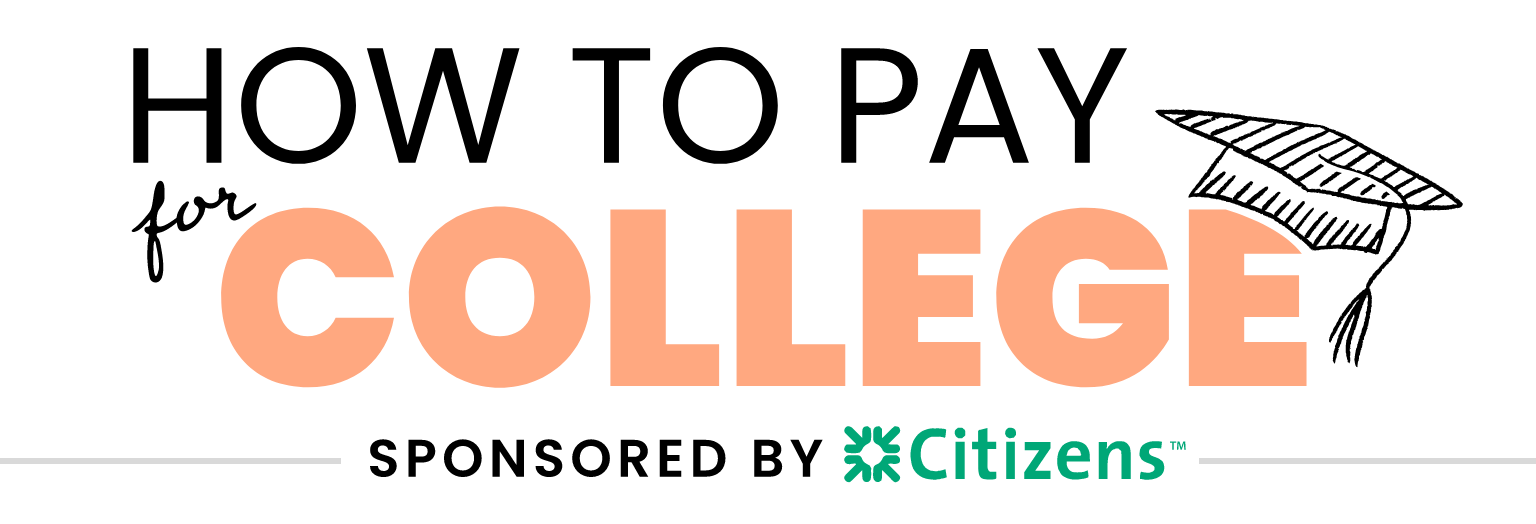
This article is part of a paid partnership between Citizens™ and HerMoneyMedia
Student loans are a part of life for millions of us, and while that debt can be overwhelming it’s not always a bad thing. For starters, that debt is the pathway to earning a degree that can boost your earning power over the course of your life and enable you to pursue your passion. “Studies show most people who get college degrees see their earnings potential go up,” says Betsy Mayotte, President of The Institute of Student Loan Advisors. “That’s worth it if it’s more than the debt you took on.”
Certainly, if student debt can be avoided, that’s always preferred, but if you do take on debt, here are a few benefits of having those loans and paying them down over time.
You Build Credit
For most people, student loans aren’t the only debt they’ll accrue in their lifetime. From car loans to mortgages, student loans are just the beginning. The cost to borrow is based largely on your credit score. The higher the credit score, the lower the interest rates will be on the loan. The lower credit score, the higher interest rates will be, ultimately making it more expensive to borrow. A big factor in determining your credit score is your payment history. Lenders take on risk when they loan you money, and they look at your past as an indication of the future. Many college graduates don’t have much credit history, which makes it hard to get and establish credit. Student loans can help build up their credit.
“Younger people, especially people who don’t have a credit card can benefit from student loans by paying them back on time,” says Mayotte. There are other ways to establish a credit history, but some families use student loans for that purpose alone. “It helps you establish good healthy habits with credit that can be applied to other debt like a car and mortgage,” says Jill Desjean, a policy analyst at the National Association of Student Financial Aid Administrators (NASFAA). “You are thickening up your credit score which makes you eligible for better interest rates on mortgages and car loans.”
But keep in mind that if you don’t pay your loans back on time, it could hurt your credit before you even have a chance to establish it. There’s a six-month grace period after you graduate college during which time you don’t have to pay back your loans — but if you can start early, you should. If you can’t afford to make payments once the six-month grace period ends, Desjean says to seek help to protect your credit score. “The income-based repayment program allows you to make payments based on what you earn, not what you owe,” says DesJean. “It gives you a manageable monthly student loan payment.”
You Become A Better Financial Steward
Debt doesn’t have to be a crushing experience, if you’re disciplined in your approach. For many people, student debt is their first experience with debt and loans, and it provides an excellent opportunity to establish good habits, learn how to budget, and understand how interest and repayment work. “Someone who made their first one or two years of payments on time is less likely to default than someone who doesn’t,” said Mayotte. “It’s about creating the habit of repayment. From that experience they learn how consumer debt works, the impact of interest accrued, which helps them make better financial choices in the future.”
You’ve Got “Skin In The Game”
Many college-bound students view the pursuit of a four-year degree as a rite of passage and a time to find their true calling and passion. And it is, but education is one of the biggest and most important investments in their future. Student loans can help teach students about responsibility, and help them realize that college is a true investment. The idea is if the student knows he or she is responsible for the debt, they may even approach their college selection differently. For example, that expensive Ivy League education may not be as attractive if they know they must pay half of it back. “We find with families that take on student debt they look at the big number but don’t think about how much the payments are going to be,” says Mayotte. “For every $10,000 borrowed, the student loan will be $125 a month for every single month for ten years. If you borrow $50,000 that would be $625 a month. It’s a lot more absorbable if you know what the impact will be on your potential budget.”
By sharing the responsibility, it can also positively impact how families repay their student loans. “A good way to give your child a stake in their education is the Stafford Loan,” said Christine Roberts, Head of Student Lending at Citizens. “It’s in the students name with no co-signer, is low interest, and everyone qualifies.” All you need to do to qualify for the Stafford Loan is complete the FAFSA, and you are eligible for $5,500 your freshman year, $6,500 your sophomore year, and $7,500 for your junior and senior years. In addition to helping finance your child’s education, the Stafford Loan can help build their credit profile, a longer-term benefit.
MORE ON HERMONEY:
- How to Pay for College
- You Worked Hard to Stock the 529… But Do You Know How to Use It?
- The Best FAFSA Strategies
- More Than One Kid = More Than One College Bill. Let’s Strategize.
Get more money saving + money making tips delivered right to your inbox: Subscribe to HerMoney today!









